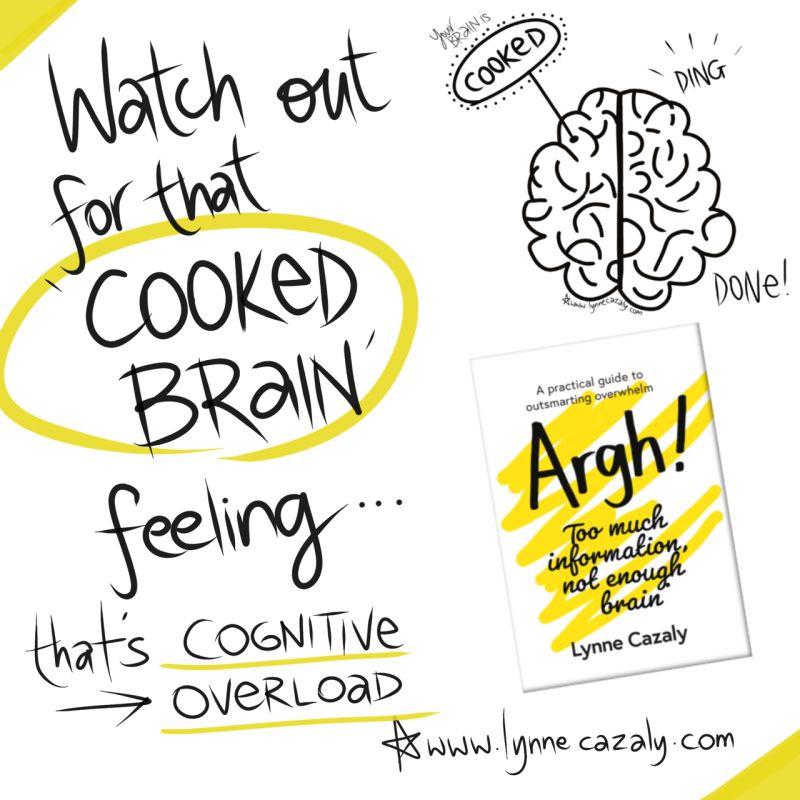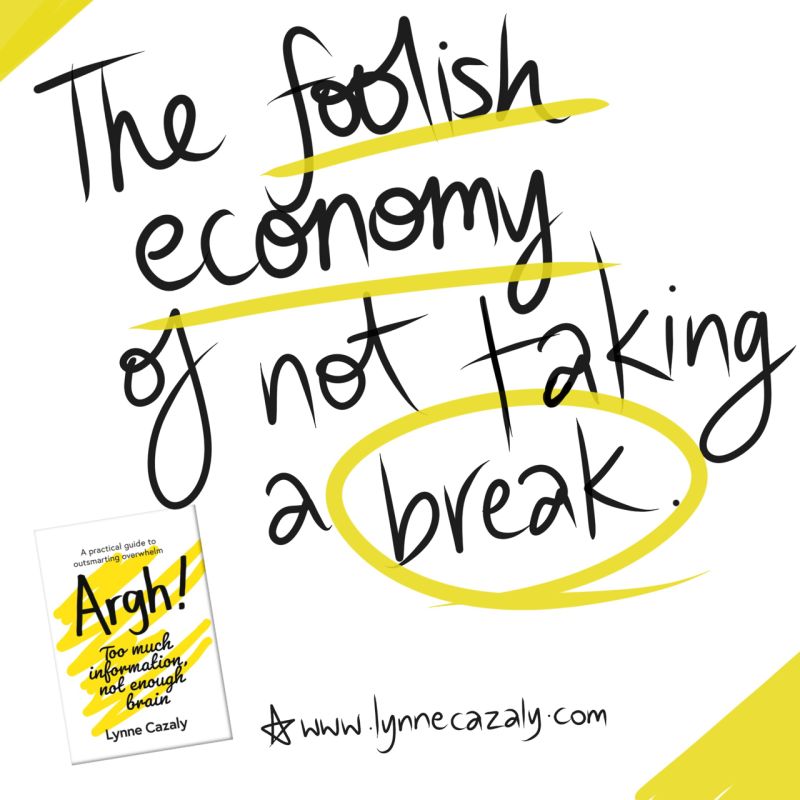What to do when you dread the week ahead
 Wednesday, October 20, 2021 at 4:38PM
Wednesday, October 20, 2021 at 4:38PM Mondayitis is when it hits but many of us feel the dread of the working week before that, while we’re still in the weekend!
An article labels the ‘Sunday Scaries’ that feeling when you’re already overwhelmed by what’s ahead and you haven’t even started the working week yet!
Do you dread?
I’ve had job roles, commitments, projects and colleagues that absolutely made me feel dread-full about Mondays … and I’d feel the dread approaching on Sundays.
More recently, I’ve aimed to set up Mondays as a day of ease. I try to protect the day with some breaks, space, a gradual start to the week, not a slap in the face with the hardest task, toughest meeting or most annoying people.
I think that ‘start with the hardest task first’ advice is dated productivity BS that sets off overwhelm in a second!
This article suggests 5 things we can do on Sundays to make them less scary.
If it’s not work time yet, outsmarting the overwhelm of dread makes the weekend more enjoyable and doesn’t make us work hard ahead of time.
Read the article here



















